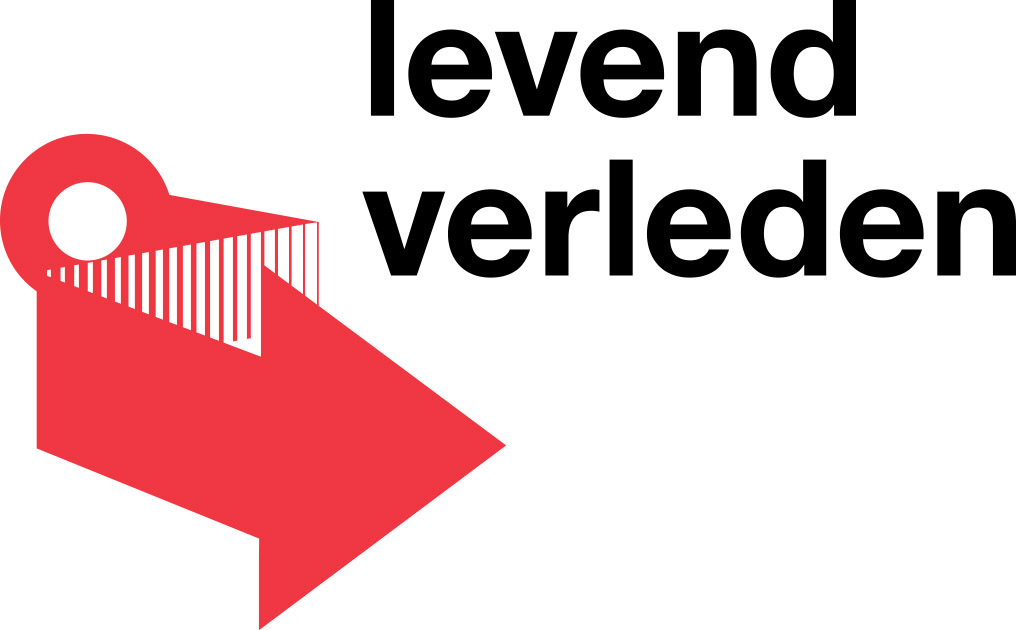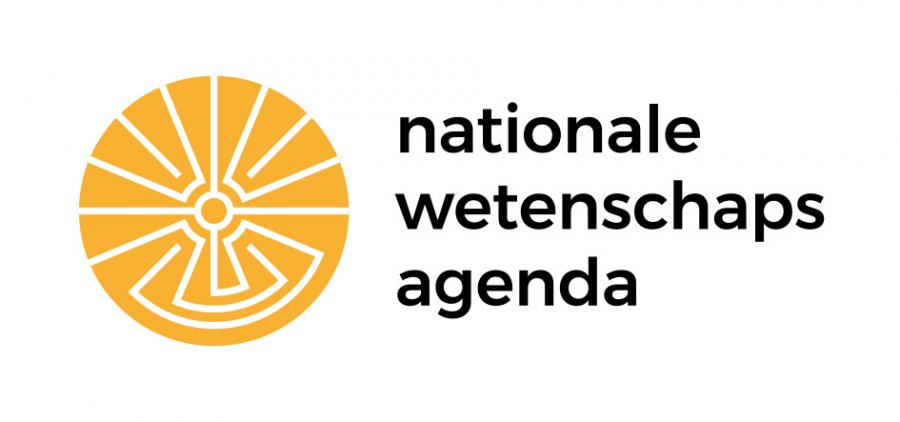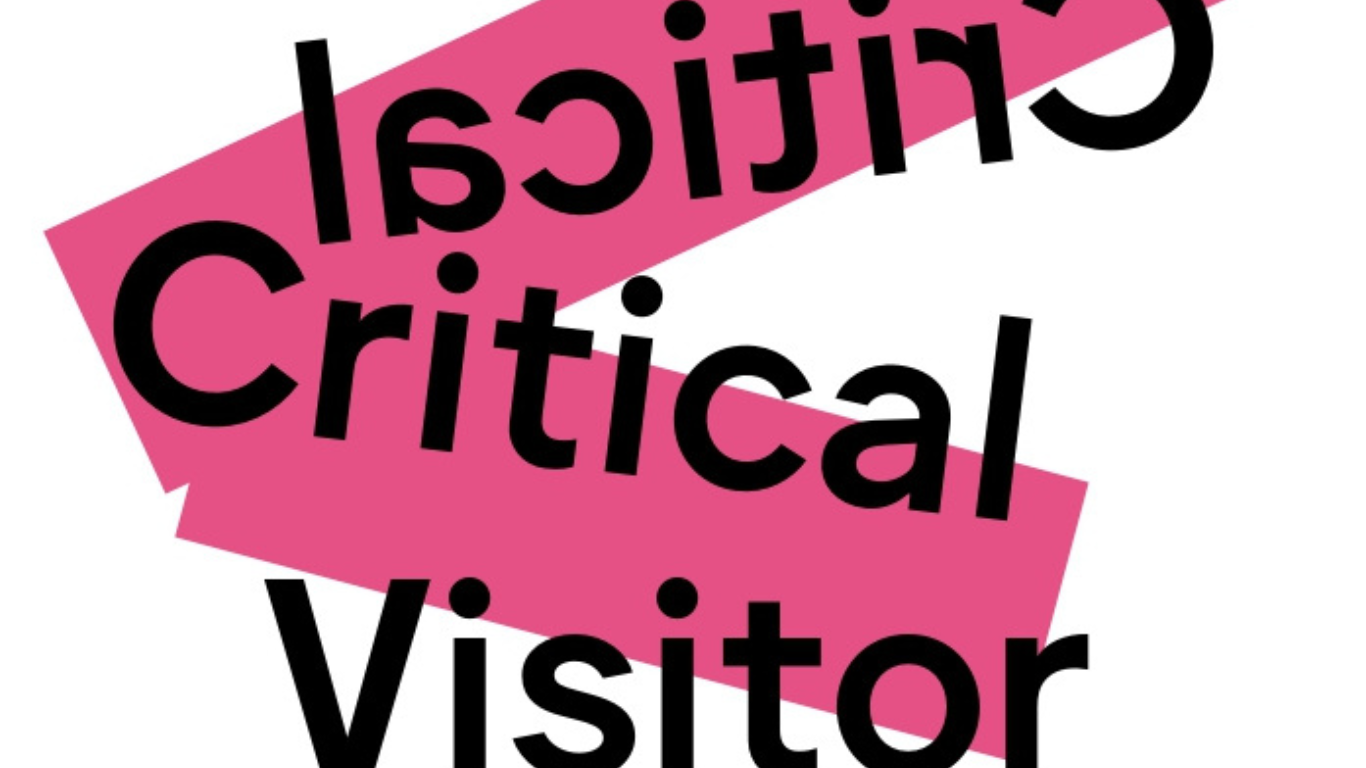[English below]
Het NWO project The Critical Visitor: Intersectional Approaches for Rethinking & Retooling Accessibility and Inclusivity in Heritage Spaces lanceert een boek: De Kritische Bezoeker: Erfgoedpraktijken in verandering. Dit is het derde deel in de reeks Werk in Uitvoering (Wereldmuseum, 2018-). Het fungeert als een “onvolledige gids” voor de erfgoedsector en biedt een startpunt voor kritische analyse en reflectie.
De feestelijke boeklancering vindt plaats op 15 maart in het Wereldmuseum Amsterdam. Voor degenen die niet in staat zijn om deel te nemen of die niet kunnen wachten tot de lancering: de online pdf van het boek is al beschikbaar op de website van de Reinwardt Academie.
Over het boek
Deze publicatie bespreekt huidige museologische en archiefpraktijken die intersectionele benaderingen integreren om de kritieke kwestie van ongelijke culturele participatie aan te pakken en tegemoet te komen aan de eisen van kritische bezoekers die historisch zijn gemarginaliseerd binnen een culturele context. Het boek streeft ernaar meer zelfkritische benaderingen te ontwikkelen voor praktijken uitgevoerd door degenen in en rondom musea en archieven, vooral voor hoe ze tekort kunnen schieten, ongelijkheid kunnen voortzetten of gefrustreerd kunnen worden door systemen van ongelijkheid. Door deze reflecties te delen van culturele erfgoedprofessionals die in Nederland werken, wordt gehoopt een meer open sfeer te bevorderen, een agenda van sociale rechtvaardigheid verder te brengen, en kritische woordenschat en voorbeelden te bieden aan andere lezers die mogelijk soortgelijke strijd ervaren. De focus ligt op de benaderingen die worden geboden door intersectionaliteit, en de praktijken van toegankelijkheid en inclusiviteit, die ook onder andere namen bekend kunnen zijn (diversiteit, gelijkheid, verbondenheid, antiracisme, queering, cripping).
De editie is bedoeld voor studenten en professionals in het erfgoedveld en andere geïnteresseerde en betrokken lezers. Het brengt gedeelde ervaringen en reflecties samen van professionals die samenwerken met en werken binnen culturele instellingen in Nederland. Het maakt zwaar gebruik van de bijdragen van vijftien wetenschappelijke, publieke en private partners die deelnamen aan de Field Labs van het Critical Visitor-project, een onderzoeksformat dat werd beschreven als “Het testen van intersectionele benaderingen voor inclusieve acties op museum- en archiefsites”. Bij het vormgeven van de bundel zijn de redacteuren geïnspireerd door de stimulerende provocaties en inzichten die zijn verkregen uit de vijf Field Labs. De essays hierin zullen reflecties bevatten van praktijkmensen over hoe hun praktijken van inclusiviteit en toegankelijkheid functioneren, wat en wie ze beïnvloeden, welke emoties worden geactiveerd en gedeactiveerd, naar welk ethisch kader ze zich richten, welke principes hun praktijk sturen en welke concepten deze vormgeven. De bijdragers zullen ook ingaan op de complexiteit van het proces om de emoties te onderzoeken die intersectionele ervaringen van het praktiseren van diversiteit en inclusie beïnvloeden en vormgeven: de ongeduldigheid, de inspanning die nodig is om samenwerking te bevorderen, het gewicht van schuld en schaamte, en de uitputting die inherent is aan het verrichten van feministisch werk dat de gevestigde normen uitdaagt.
[EN]
The NWO project The Critical Visitor: Intersectional Approaches for Rethinking & Retooling Accessibility and Inclusivity in Heritage Spaces is launching a book: The Critical Visitor: Changing Heritage Practices, available in both Dutch and English. This publication is the third installment in the Work in Progress series (Wereldmuseum, 2018-). It functions as an “incomplete guide” for those involved in the heritage sector, offering a starting point for critical analysis and reflection.
The festive book launch will take place on March 15th in the Wereldmuseum in Amsterdam. For those who are not able to join or who can’t wait for the launch date: the online pdf of the book is already available on the website of the Reinwardt Academy.
About the book
This publication discusses current museological and archival practices that integrate intersectional approaches to redress the critical matter of uneven cultural participation and to address the demands made by critical visitors who have been historically marginalized within a cultural context. The book aims to develop more self-critical approaches to practices conducted by those in and adjacent to museums and archives, especially for how they might fall short, perpetuate, or be frustrated by systems of inequality. Through sharing reflections from cultural heritage professionals working in the Netherlands, the book aims to foster a more open atmosphere, further an agenda of social justice, and provide critical vocabulary and examples to other readers who may face similar struggles. The focus is on the approaches offered by intersectionality, and the practices of accessibility and inclusivity, which might also go by other names (diversity, equity, belonging, anti-racism, queering, cripping).
The small edition is meant for students and professionals in the heritage field and other interested and involved readers. It brings together shared experiences and reflections from professionals collaborating with and working within cultural institutions in the Netherlands. It draws heavily from the fifteen scientific, public and private partners who joined in the Critical Visitor project’s Field Labs, a research format that was described as “Testing Intersectional Approaches to Inclusive Actions at Museum and Archive Sites.” In shaping the volume, the editors have been inspired by the generative provocations and learnings from the five Field Labs. The essays herein will contain reflections from practitioners on how their inclusivity and accessibility practices work, what and who they produce, what emotions are active and inactive, what ethical horizon they are oriented towards, what logics organize their practice, what concepts give it form. The contributors also will look into the nitty-gritty of process to examine the emotions that color and shape intersectional experiences of practicing diversity and inclusion: the impatience, the effort of channeling cooperation, the sharpness of guilt and shame, and the exhaustion of dirty feminist work.


